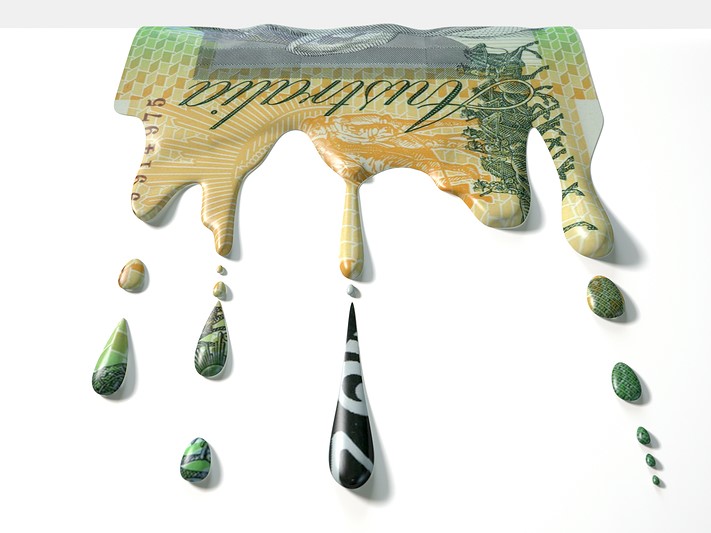
Get your purchase right and the exciting adventure of running your own business starts on the right foot. Get it wrong, and you’ll be playing catch up.
Here are five common mistakes that you could avoid and give yourself the best chance of success…
1. Buying an unprofitable business
It sounds obvious doesn’t it but spotting the dud in the franchise line-up isn’t always easy. If you let emotions get in the way of a smart decision, you may pay the price.
For example, a business that you have set your heart on might be underperforming and appear to have lots of potential. But your commitment and dedication to turn it around might not be enough – it just might be a below-par opportunity.
Backing yourself to be a success is essential when you buy a business, but it’s important not to be blind to financial reality.
2. Paying too much rent
Many a business has come unstuck because the outgoings have been too great from the start. You’ll need to understand what sales you can realistically expect to bring in with your new venture, and whether your rental costs are viable.
For retailers, shopping centres in particular can be danger zones – yes, the foot traffic is a big attraction, but there’s a reason more and more franchise chains are finding alternatives to the high rental sites.
Landlords are likely to raise rents when they renew a lease too, so if you’re looking for a long term investment it’s wise to keep your rental costs manageable.
Rent is one cost you can’t cut back on when times get tough, so pay particular attention to this. There will always be another site to consider.
3. Borrowing more than you can afford
Most franchisees will be seeking a loan to get started. It’s crucial to evaluate what you can afford to pay back – like rent for your premises and the franchise fee, a bank loan is an essential monthly repayment.
It is common sense to add working capital to the amount needed from a financial institution but avoid asking for too much extra cash, warns Peter Knight from SmartFranchise.
“The danger here is that you incur more debt than the business can repay. This puts you in a high-risk position because you will then need to repay the loan from income sources outside of the business.
“Extra risk arises when interest rates go up, putting you under more strain to repay your loan.”
However much you borrow, check the amount against expected profits to ensure you can repay this debt.
4. Starting undercapitalised
The opposite of borrowing too much can also cause grief for a franchisee. Working capital is usually essential to ensure that in the early trading days when your incoming cash may be very low or non-existent you are able to stay afloat while you build up the business.
If there’s not enough cashflow to sustain you and the business you could come unstuck, unable to pay your dues.
Calculate working capital into your budget, taking into account the points above about over-extending yourself financially.
5. Forgetting the extras
When you work out your budget, take into account all the extras…you’ll be paying tax, superannuation, perhaps salaries (which need to be workplace compliant), rent, franchise and marketing fees. Then there are fitout costs, equipment to hire or purchase. Find out whether you need to pay for any licence or registration. What are the costs of the actual purchase process?
While adding in further costs for legal and accounting advice at this stage might seem an unnecessary expense, seeking professional guidance on the structure and viability of the business can save you money in the long run.
Look out too for any significant capital costs the franchisor expects you to make in the future as outlined in the franchise agreement.

